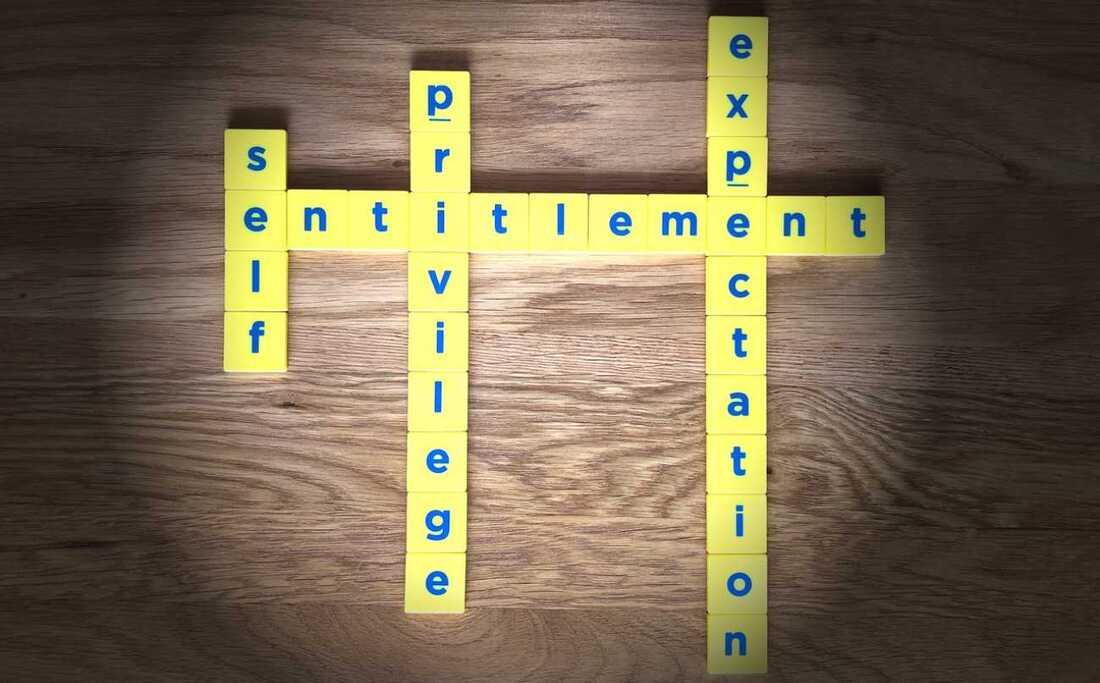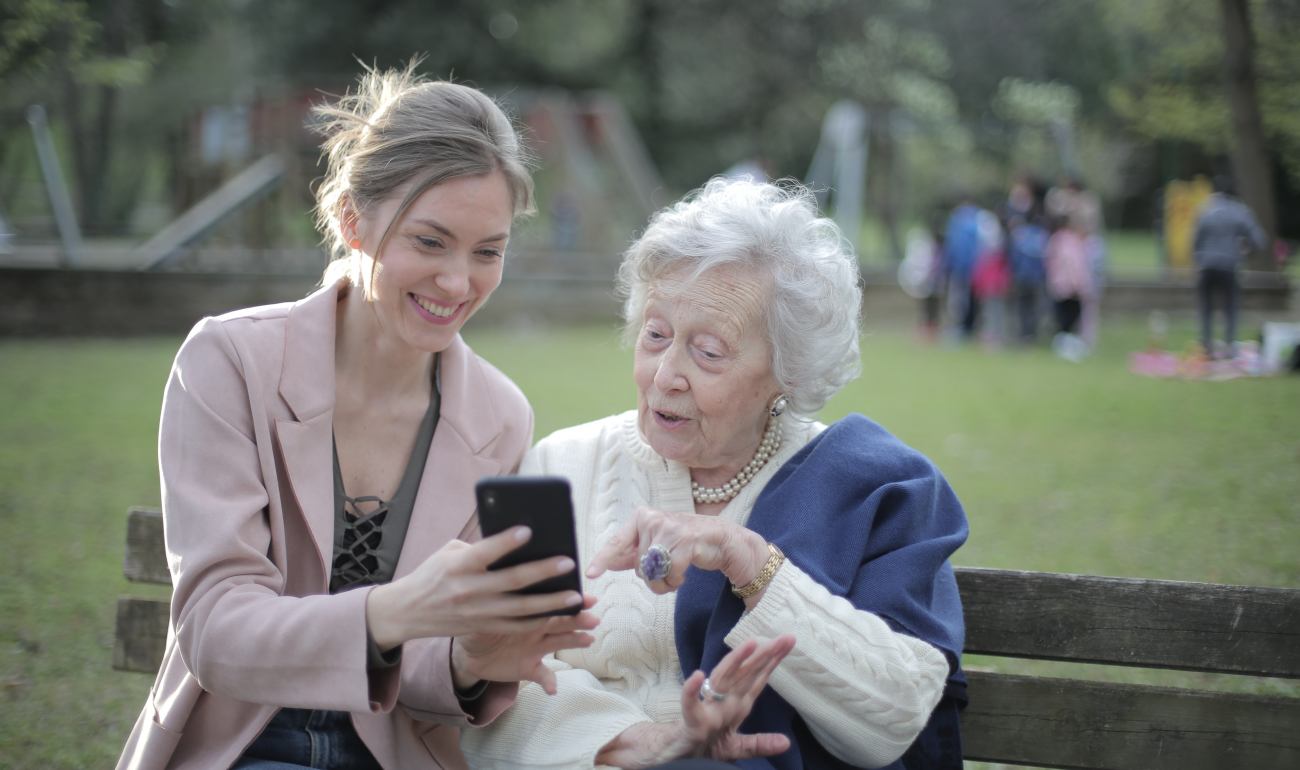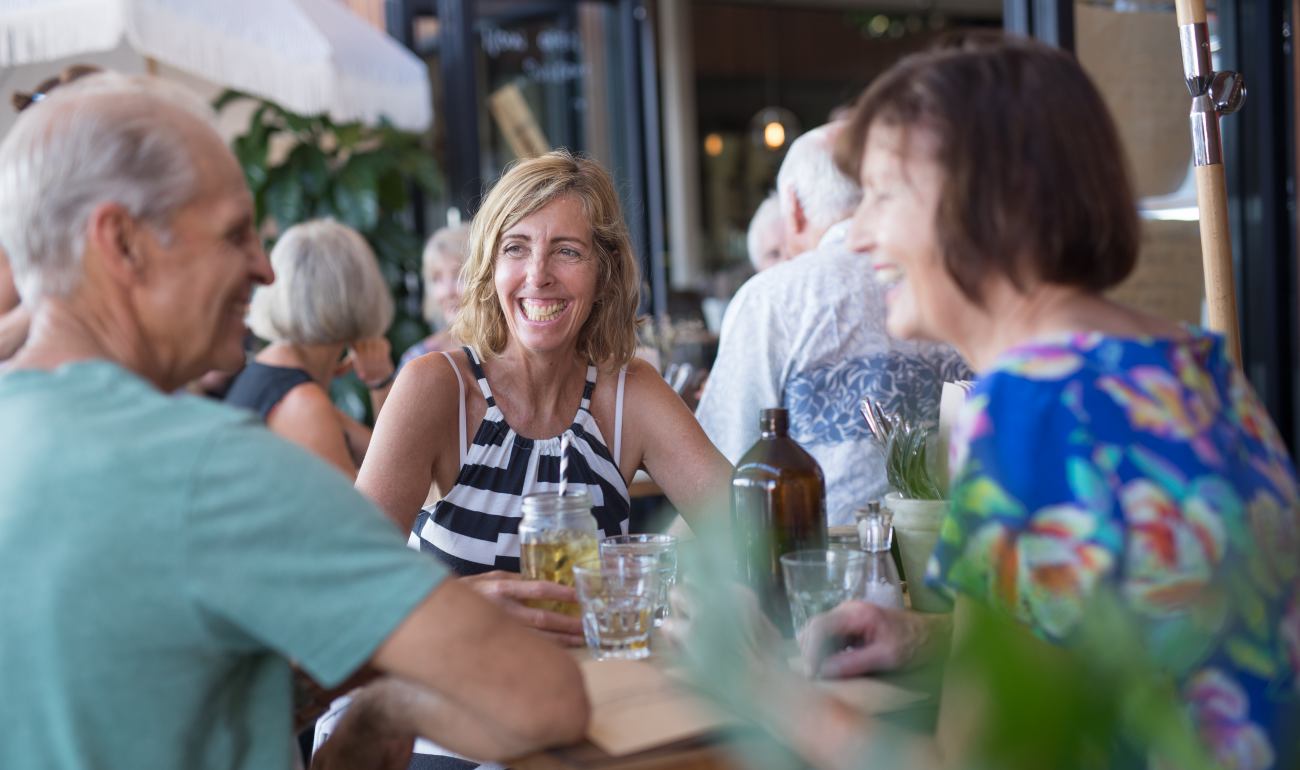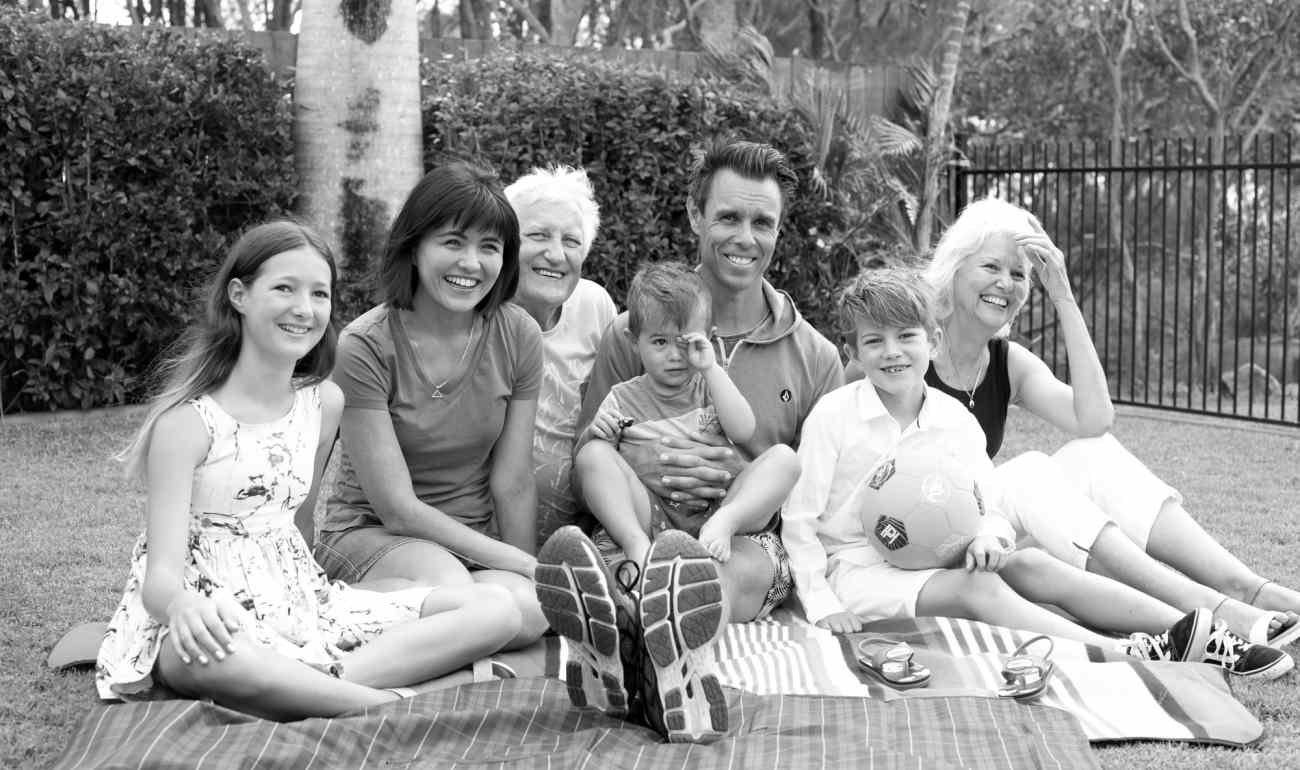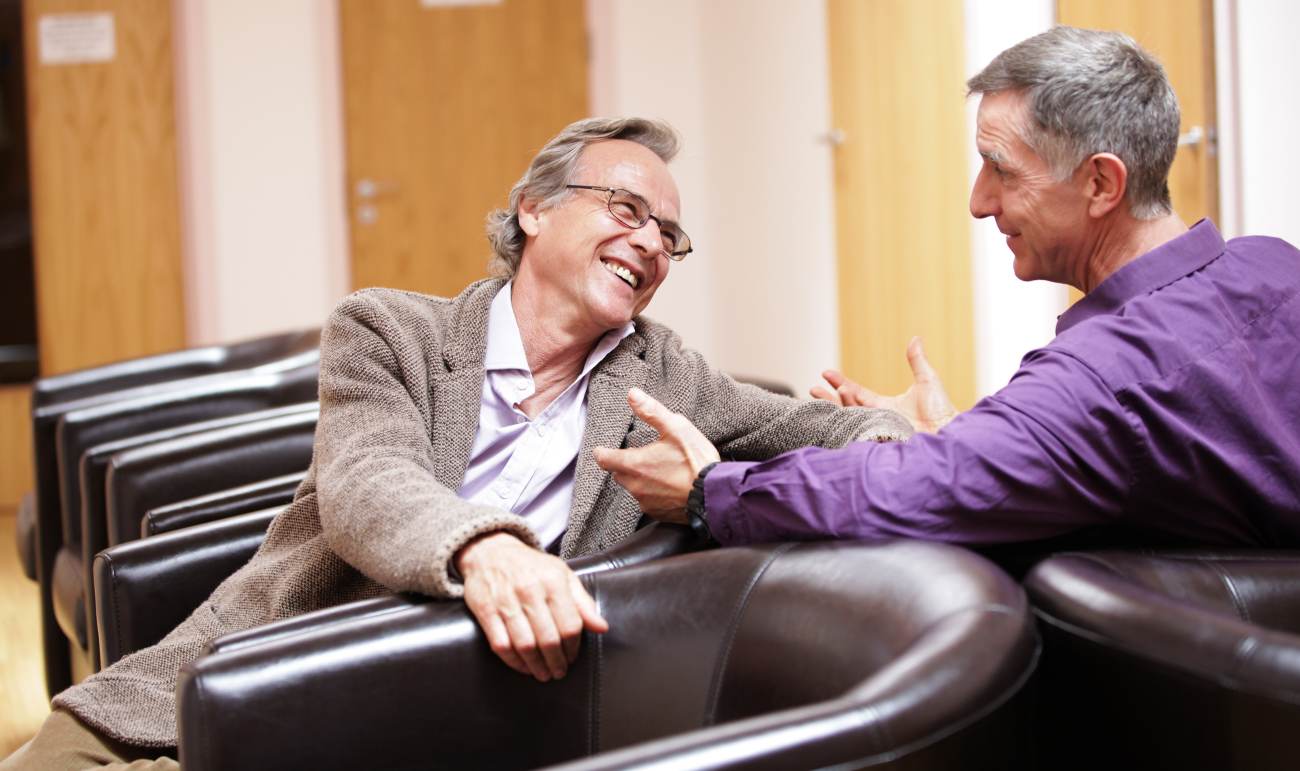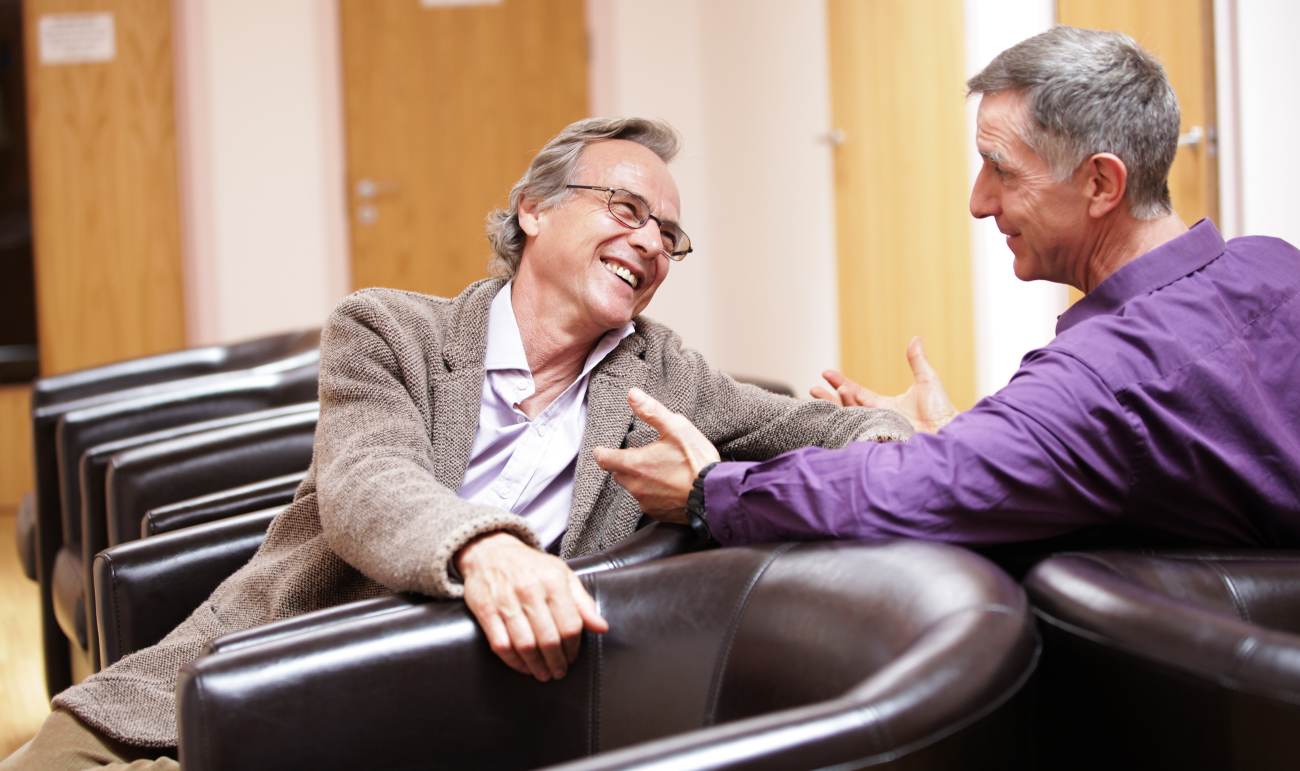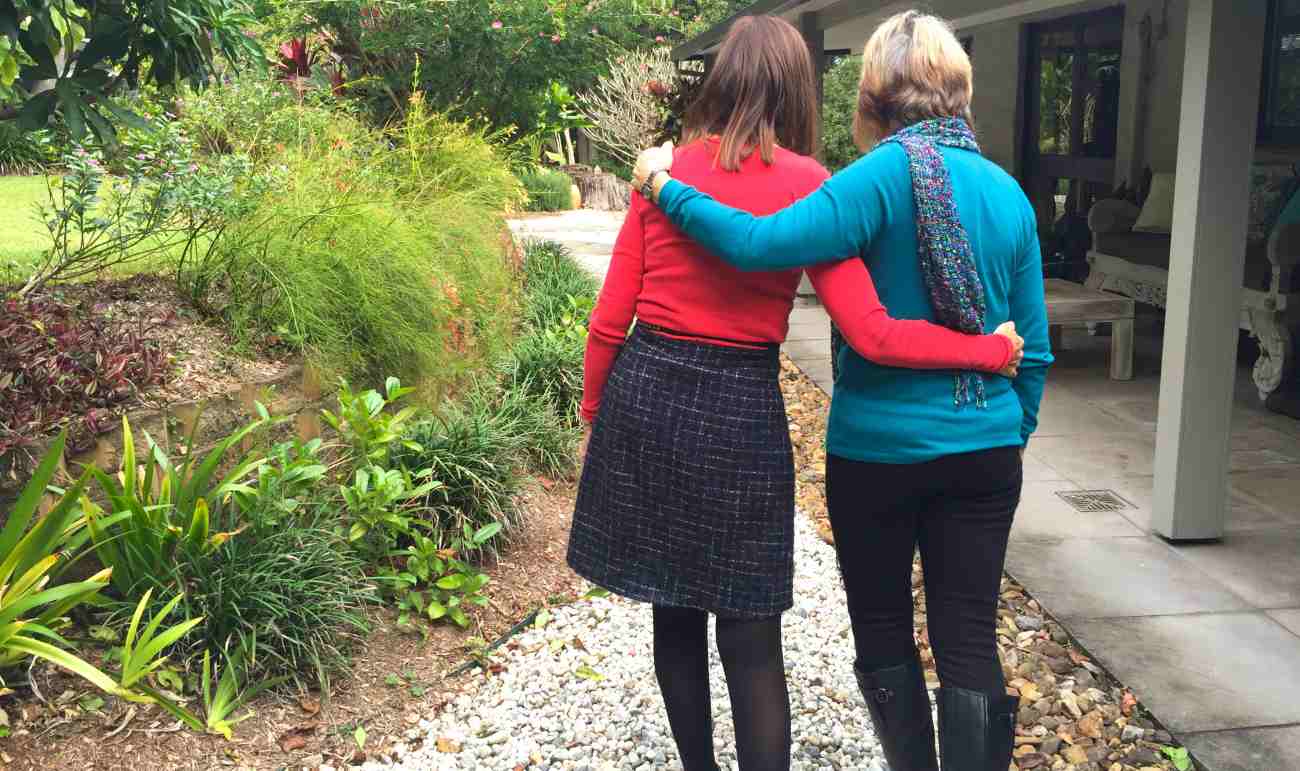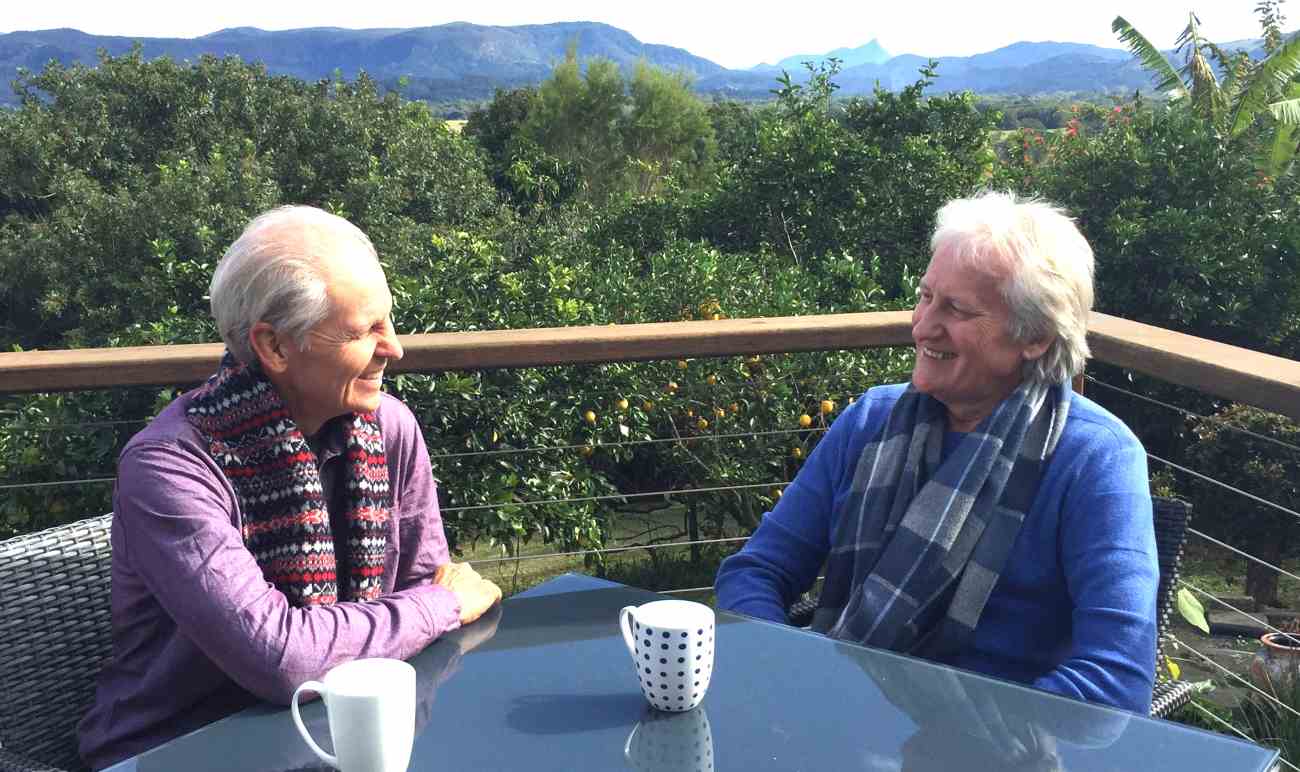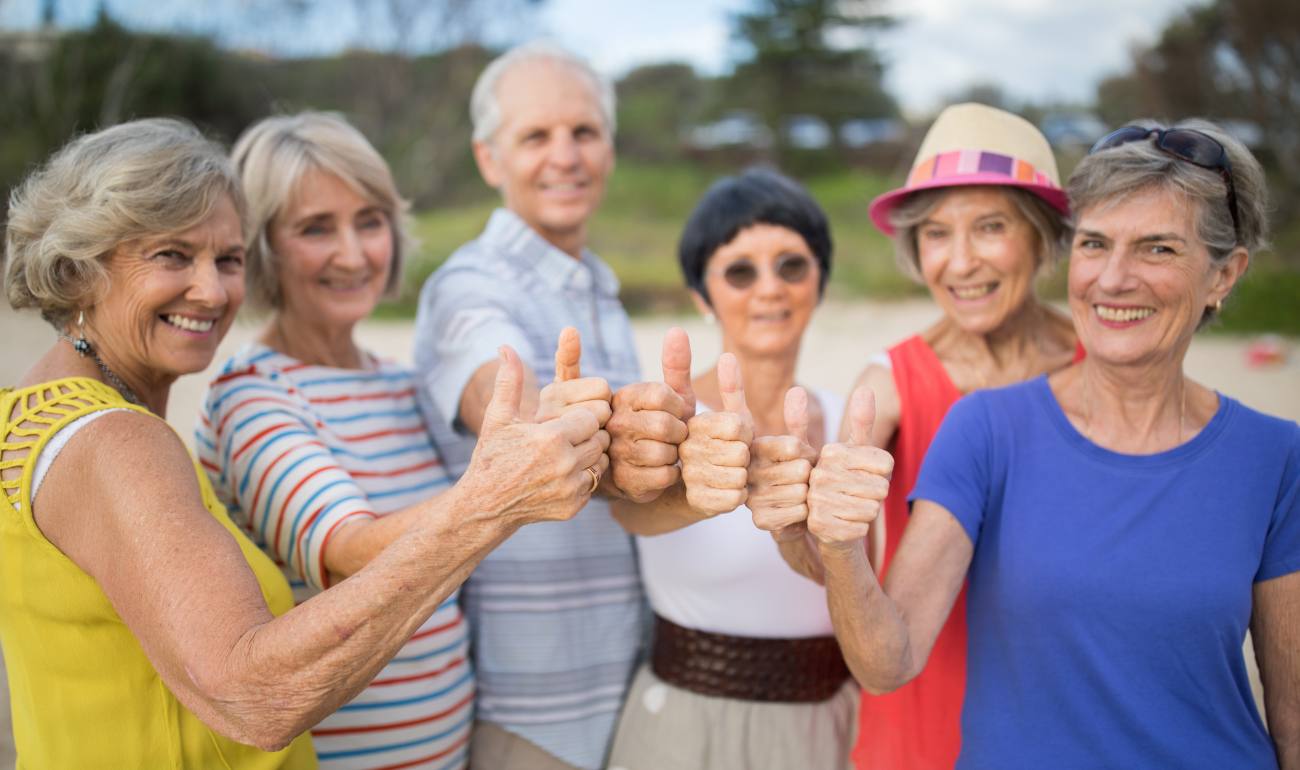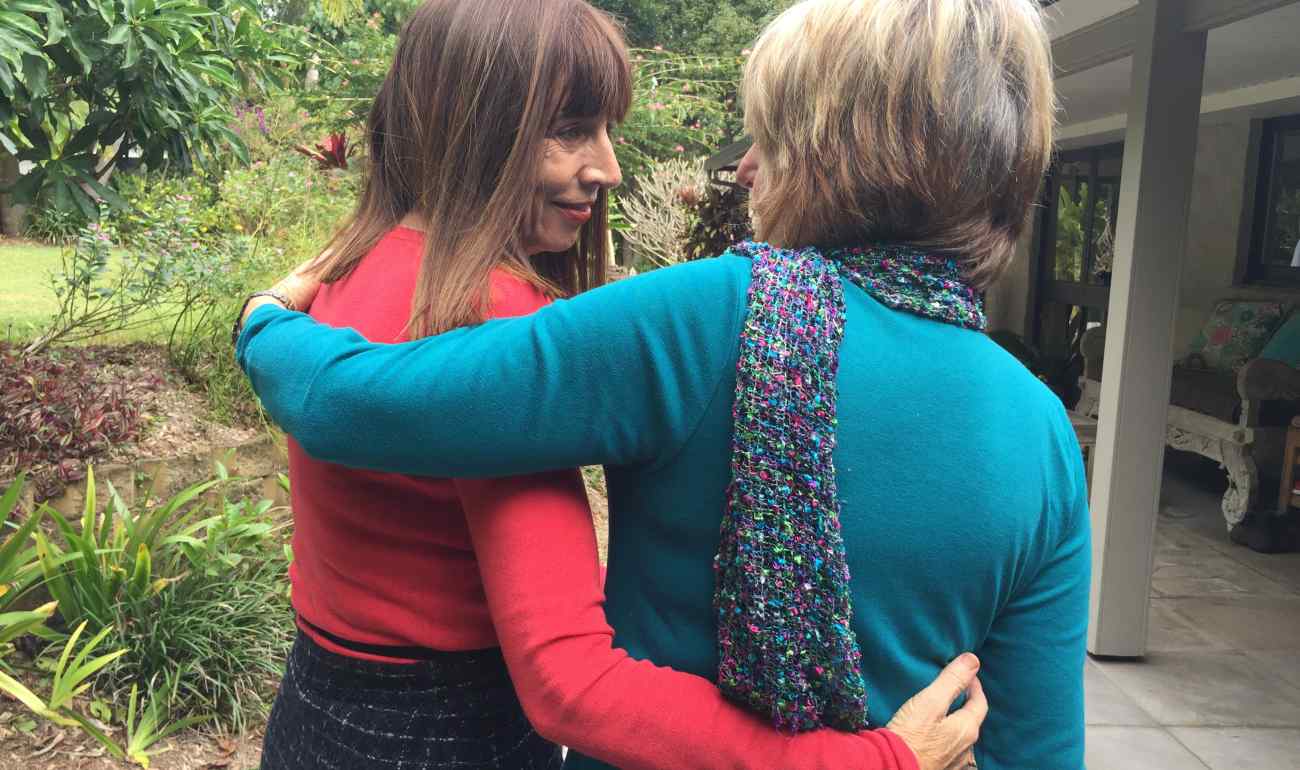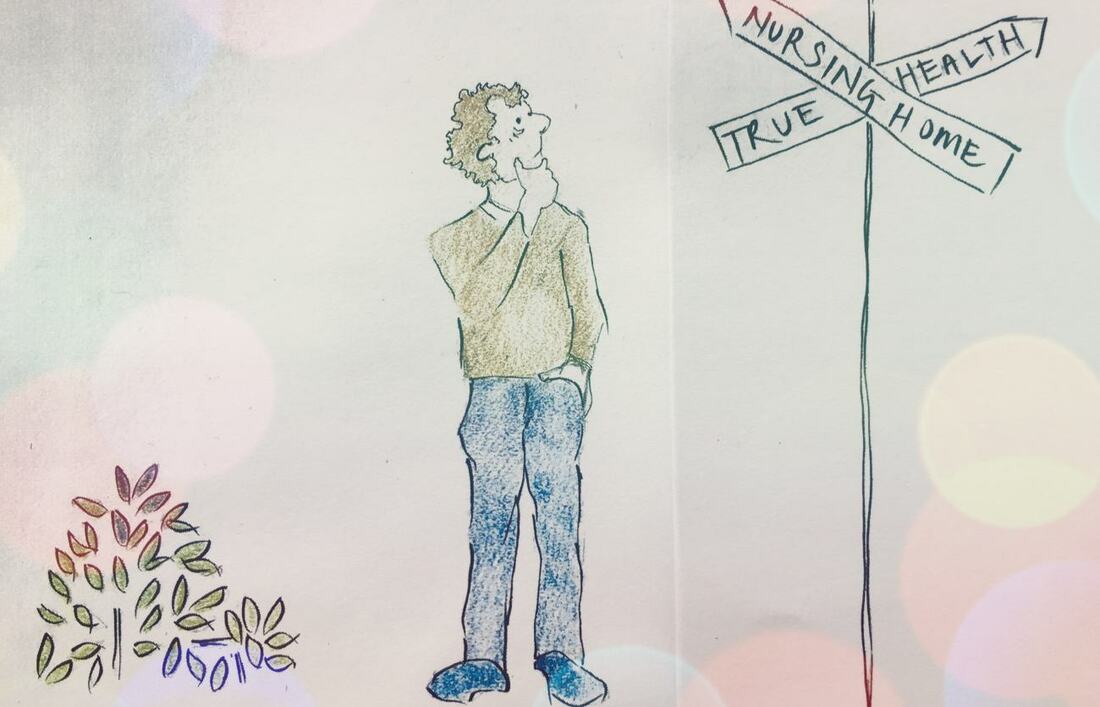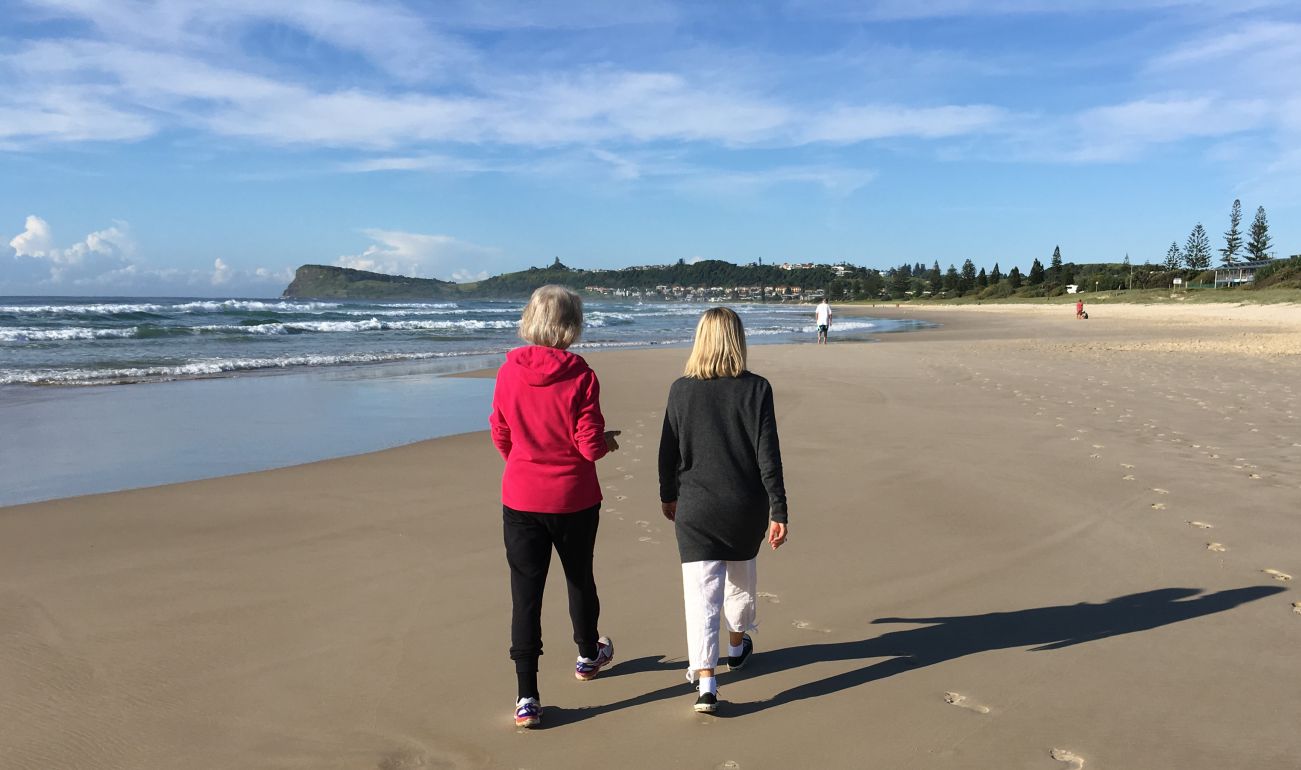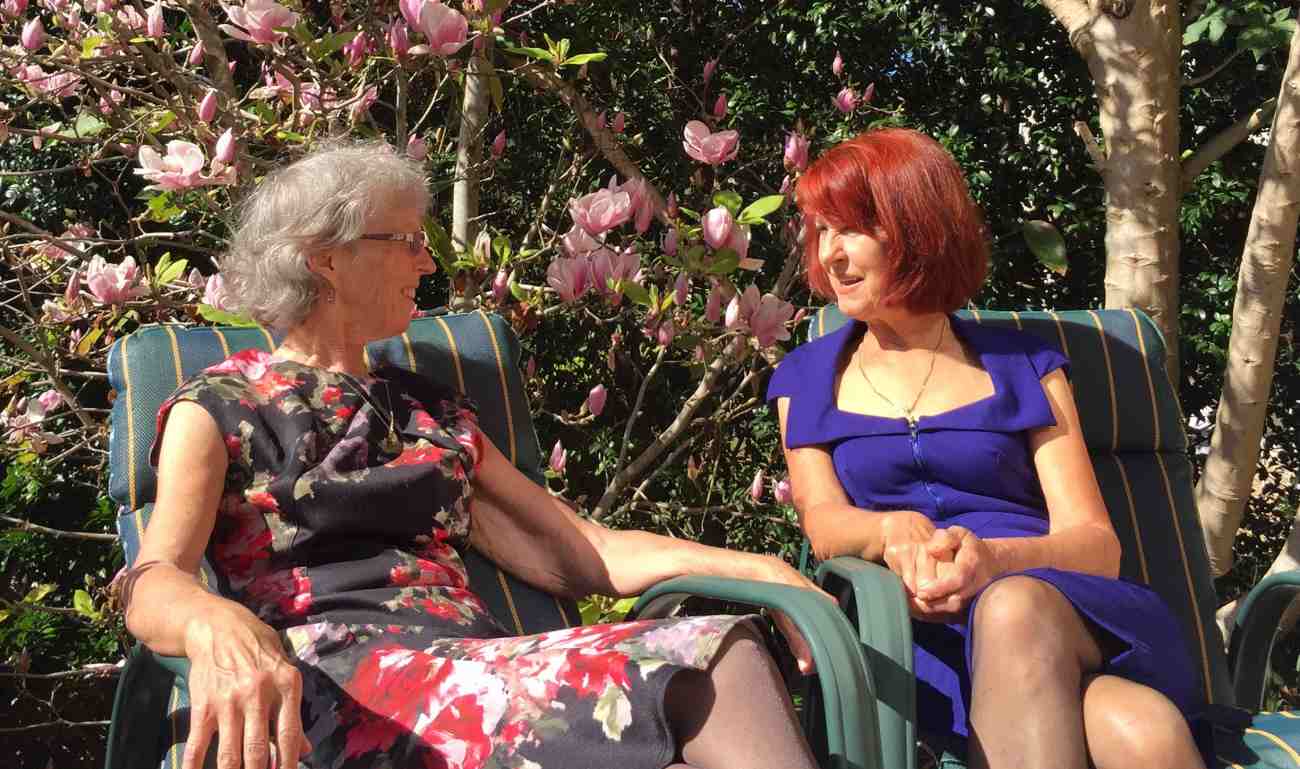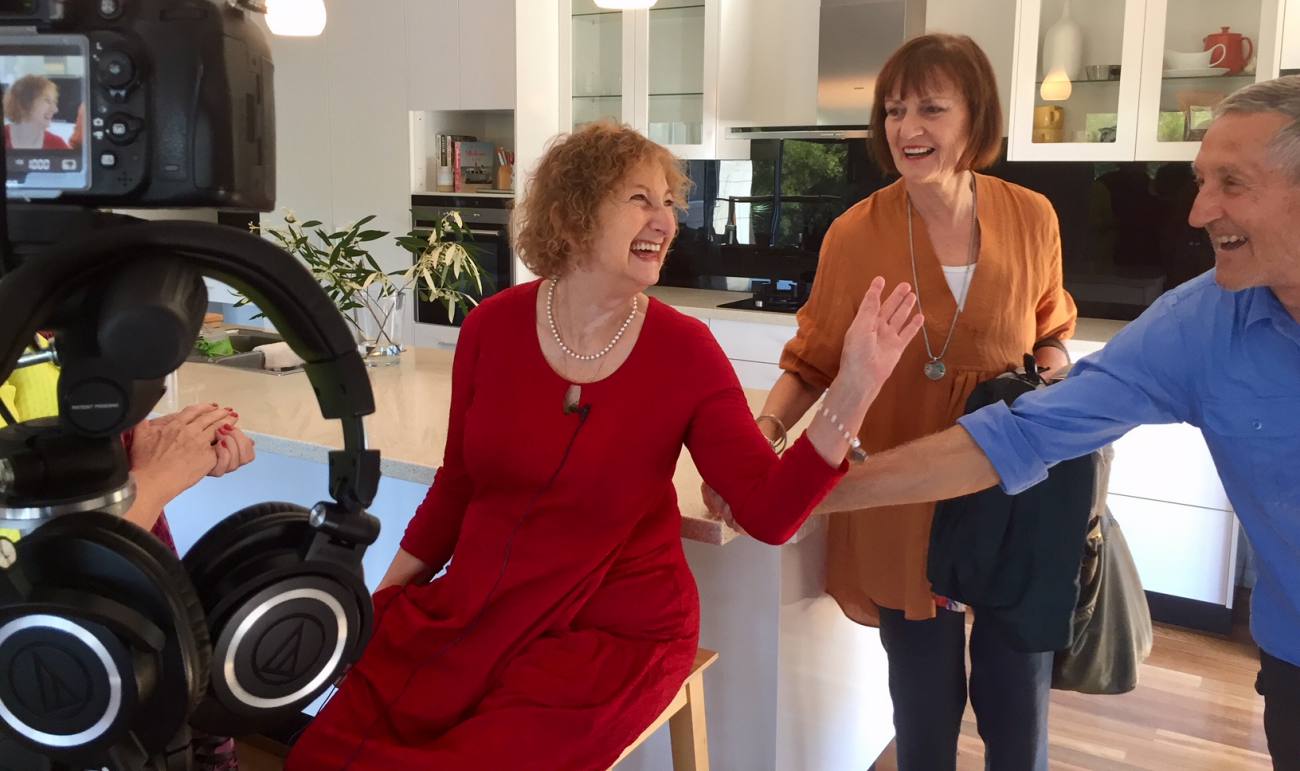| This month we are discussing self-entitlement and the ways this belief impacts our lives. So what is self-entitlement? In the Google dictionary the meaning of self-entitlement is depicted as someone who believes they are more deserving than another, privileged and more important, i.e. what’s yours is mine and what’s mine is mine. |
Self-entitlement creates a sense of separation and individualism and is at the core of all wars, domestic violence, murder, paedophilia, greed, corruption and all our relationship issues. It’s why we have the global catastrophe of refugees who find themselves homeless in a world where others feel more entitled to live their way exclusively, resulting in enormous human tragedy.
Without this sense of entitlement, we’d be left with humility and the true understanding of equality and brotherhood. It begins with the most subtle thoughts such as “what do I need” and ends with “I’m entitled to do or say whatever suits me”.
In her article, Every Day Self-Entitlement, Gayle states, “There are nearly 8 billion people on the planet. If we all push through life led by self-interest, it will be a harsh, combative world.”
To what degree have you noticed how self-entitlement imposes on others and impacts our communities? We’d love you to join us in this discussion and share your interpretation of what it means to be self-entitled and how you see it playing out in your own life and the world around you.

